Need help to form seeds on this plant.
garden_of_oz
22 years ago
Related Stories
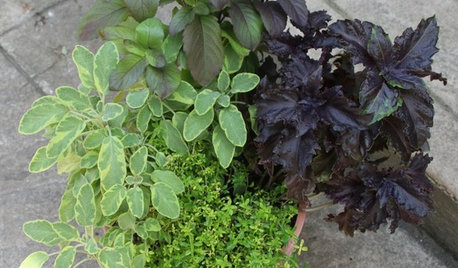
CONTAINER GARDENS8 Easy Container Plants to Grow From Seed
Get beautiful blooms and herbs in summer by starting these choice garden picks from seed in spring
Full Story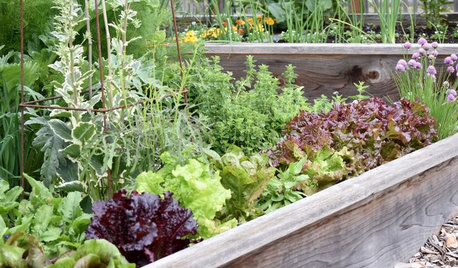
GARDENING GUIDESSeeds or Seedlings? How to Get Your Garden Started
Growing delicious herbs and vegetables starts with knowing your goals and when you want to plant
Full Story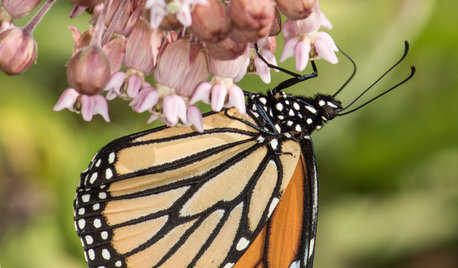
FLOWERS AND PLANTSHelp Monarchs and Other Butterflies by Planting Common Milkweed
Summer-blooming Asclepias syriaca is an important larval host plant for the monarch butterfly and attracts a number of pollinating insects
Full Story
GARDENING GUIDESHelp Fuel the Monarch Migration With These 6 Prairie Plants
Try these nectar-rich beauties and help autumn monarchs
Full Story
GARDENING GUIDESHow to Plant a New Lawn From Seed
Choose from more grass varieties and save money over sod by starting your lawn from seed
Full Story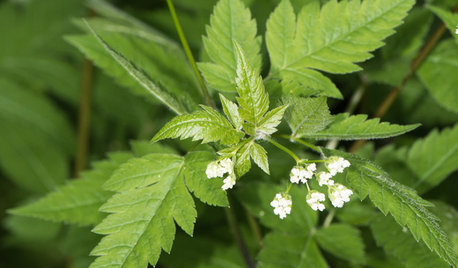
GARDENING GUIDESGreat Design Plant: Osmorhiza Longistylis Provides Texture and Form
Plant longstyle sweetroot in midwestern and eastern U.S. woodland gardens for its fern-like foliage and crisp white flowers
Full Story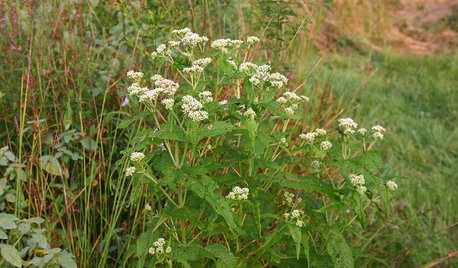
GARDENING GUIDESGreat Design Plant: Common Boneset Helps Good Bugs Thrive
Support bees, moths and butterflies with the nectar of this low-maintenance, versatile and tactile prairie-style plant
Full Story
LANDSCAPE DESIGNNative Plants Help You Find Your Garden Style
Imagine the garden of your dreams designed with plants indigenous to your region
Full Story
GARDENING GUIDES8 Unthirsty Plants Help You Save Water in Style
Spend less effort and money on your landscape with drought-tolerant and native plants that liven up your yard
Full Story






Plantman38104
Granite_Pet
Related Professionals
Havre de Grace Landscape Architects & Landscape Designers · Simi Valley Landscape Architects & Landscape Designers · Maple Valley Landscape Contractors · Cupertino Landscape Contractors · Placerville Landscape Contractors · Thonotosassa Landscape Contractors · West Haverstraw Landscape Contractors · Centreville Carpenters · Happy Valley Carpenters · Brooklyn Park Fence Contractors · Glenview Fence Contractors · Leander Fence Contractors · Maywood Fence Contractors · Newington Fence Contractors · Tulsa Fence ContractorsCJMaciejeski
bstevens_grapevine_net
broke12y_oldgardener
GUSOOME_AOL_COM
tsflowers
LKKelly1
Walter_Pickett